[dropcap]H[/dropcap]istory has been written, Kenya now becomes the first country in African history to nullify presidential election, in a petition filed by National Super Alliance (NASA), claiming that the election was marred with irregularities from voting, transmission of results and tallying process.
Making the ruling, which was has been referred by the petitioners as an historic event that showed the independence of the court, Chief Justice David Maraga said that the evidence was enough to nullify the elections.
This obviously boosts the legal standing of the battery of lawyers who handled NASA’s case, led by Senior Counsel James Orengo, who has been hailed as a ‘walking constitution’ thanks to his prowess in legal matters. He is currently the talk of the town.
Assisted by other sharp legal minds such as Otiende Amollo and Pheroze Nowrojee, Orengo is the first legal mind to successfully file and win a presidential petition against the incumbent in Africa and the Commonwealth.
Similar bids in Ghana, Zimbabwe, Zambia, Nigeria, Sierra Leone and Uganda previously came to naught.
In Kenya, this is the fourth time a presidential win was being challenged in court and the second under the 2010 Constitution.
Orengo, who used his wits to sway the Supreme Court despite sustained counter arguments from a high-powered battery of lawyers for the respondents, stood out as he made a final pitch armed with two audit reports commissioned by the court, can now take his rightful place in the annals of Kenya’s legal and political history.
The reports by the Supreme Court registrar and court-appointed ICT experts that exposed how the IEBC infrastructure was manipulated.
ALSO SEE: James Orengo: On his shoulders, hopes of six million Kenyans
It was Orengo who had initially told Kenyans at Bomas of Kenya that going to court was not an option after IEBC declined to ventilate their complaints and instead chose to proceed with declaration of Uhuru as the winner of the hotly contested election.
However, this now appears to have been a decoy on IEBC and Jubilee after it emerged they had assembled a team of university students to gather evidence behind the scenes. This strategy appears to have worked after the IEBC exposed itself by writing to NASA informing them that it was not in a position to provide over 11,000 Forms 34A well after the declaration of results, yet it was in possession of Forms 34B.
This formed part of NASA’s evidence before the Supreme Court and could have well determined the case. Forms 34A are the primary electoral documents containing polling station results, which are then compiled at the constituency level to generate Form 34B.
Related: Witty quotes that made presidential petition a delight
“The practice in Kenya has been that it is not who votes but who counts the votes that matters,” Mr Orengo told the judges as he sought an audit of the Kenya Integrated Electoral Management System (Kiems) as well as the certified copies of the electoral forms.
The earlier strategy appears to have been to use the African Centre for Open Governance and the Kenya Human Rights Commission but Nasa changed changed tact when the NGO Coordination Board sought to delist them.
But above all else, Orengo’s strategy appears to have outsmarted his equally brilliant adversaries. As one commentator put it, his responses were always calculated, respectful and sometimes remorseful. He was the “exact opposite of the James Orengo in the campaign trail.” Some even wondered why he appeared underwhelming. As it turned out, they were wrong.

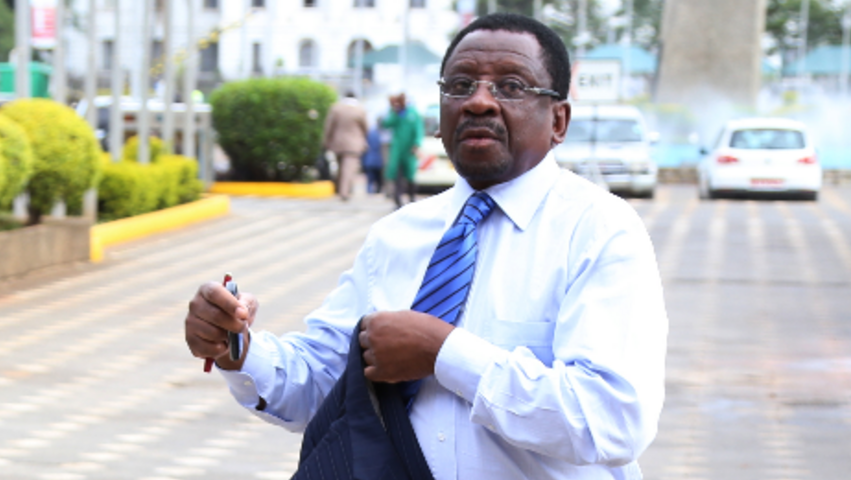

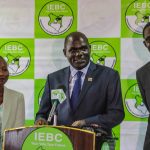

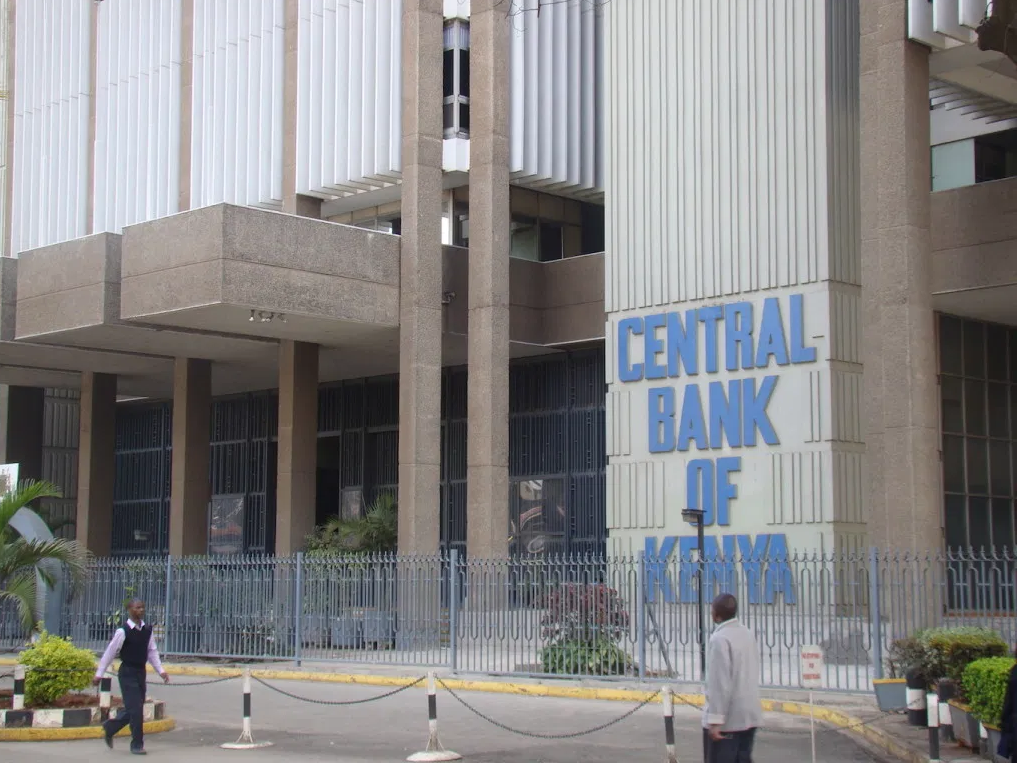


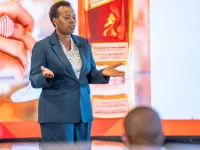
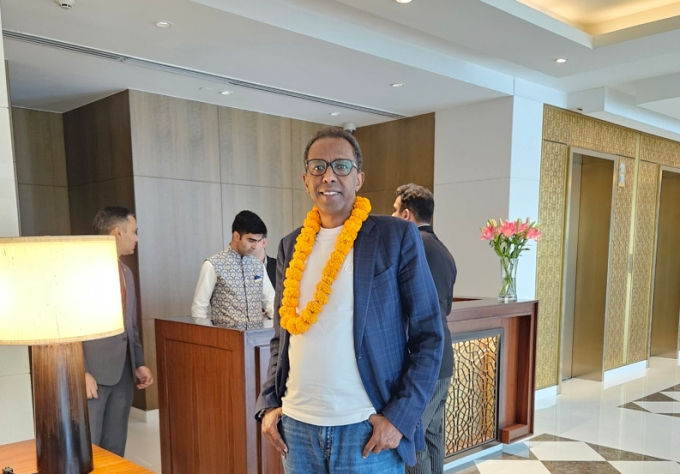
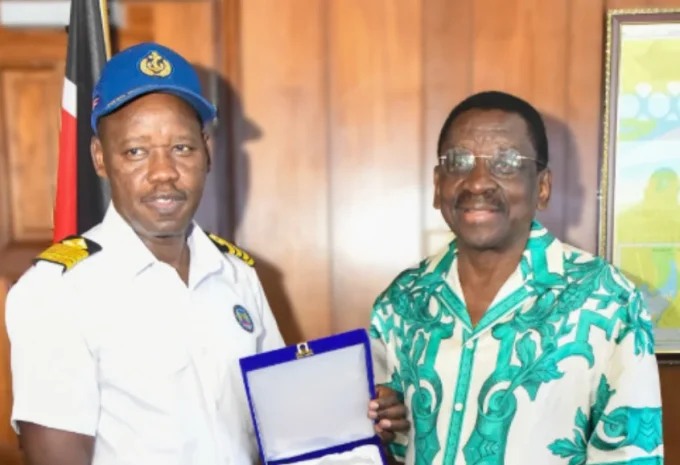
![Article 45(3) of the constitution does not state distribution should be on a 50:50 basis or provide a mathematical formula of sharing matrimonial property. [Photo/ z_wei]](https://businesstoday.co.ke/wp-content/uploads/2023/01/istockphoto-1010646972-612x612-1.jpg)
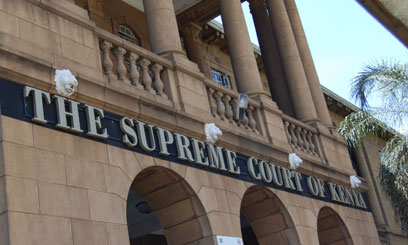
Leave a comment